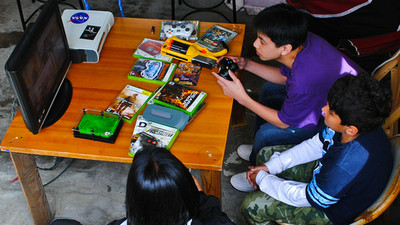60% of people who have experience charging in social games regret and regret charging
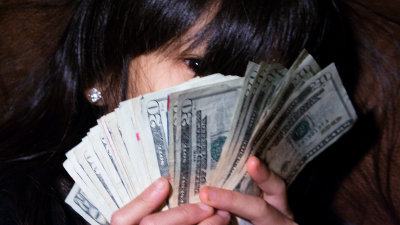
By
When JustSystems surveyed people who have used social games, 48.5% of them have charged for purchasing items etc. in games with a free basic play fee, and they regret and regret the amount charged. It became clear that 60.6% of people are doing it.
News Release | 2012.08.23 [Fastask Voluntary Survey Series] Usage Survey on Social Games
http://www.justsystems.com/jp/news/2012l/news/j08232.html
This is the result of a questionnaire survey using the self-service online research 'Fastask', and the number of valid responses is 1000. The gender ratio is 52.8% for men and 47.2% for women. The ages are 3.3% for 15-19 years old, 15.4% for 20-24 years old, 25.4% for 25-29 years old, 10.2% for 30-34 years old, 13.9% for 35-39 years old, 16.2% for 40-44 years old, 15.6% are 45-49 years old.
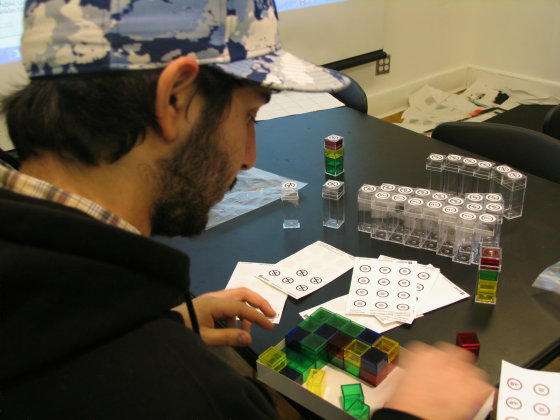
By
When it comes to social games, there are many styles in which 'basic play fee is free' and charges are made for gachas and items, but 48.5% answered that they have actually charged for this type of game. ..
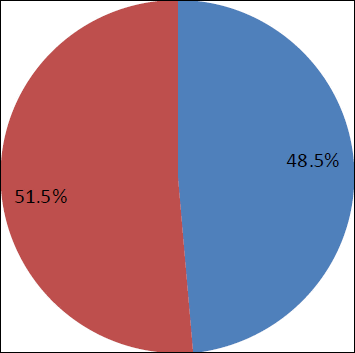
The majority of respondents answered that they had never charged, but by age group, many answered that they had charged for 25-29 years old and 30-34 years old (52-53%). ) Occupied.
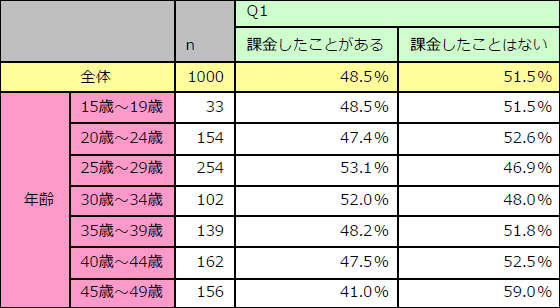
What kind of thing was the purpose of the person who paid for it? The first place was 'recovery / time saving items'. Below, 'Avatar-related fashion items', gachas whose main purpose is complete gacha, gachas whose main purpose is other than complete gacha, 'limited-time items', and 'rare items that are difficult to obtain' followed.
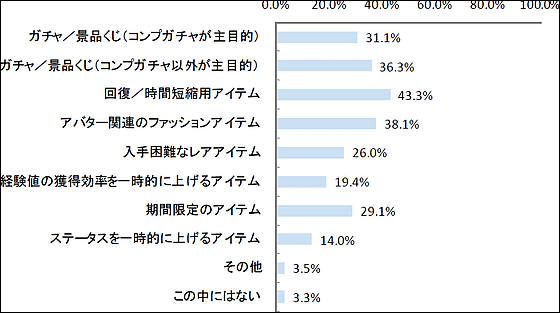
There were multiple answers to this item, but there was a difference depending on the age, and although the 'recovery / time reduction item', which was ranked first overall, received nearly 40% of the answers in a wide range of generations, it was 25.0 for 15-19 years old. It stayed at%. On the other hand, between the ages of 15 and 19, one in two people who have experience in billing answered that they had paid for 'gacha whose main purpose is other than complete gacha'.
On average, 55.3% of people who have charged for social games spend less than 1000 yen per month, followed by 22.1% for less than 2500 yen and 12.4% for less than 5000 yen. On the other hand, 2.3% of the respondents answered that it was 30,000 yen or more. For 15-19 years old, 93.7% were 'within 1000 yen' and 'within 2500 yen', and the maximum was 'within 20,000 yen', but 5.5% for 20-24 years old and 4.5% for 35-39 years old 3 I answered that I was spending more than 10,000 yen.
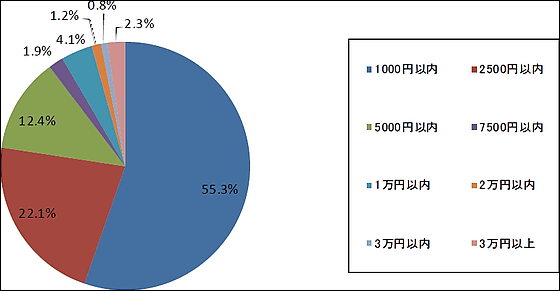
Regarding whether billing is related to complete gacha, has the play time changed since each company ended the complete gacha at the end of May? 79.1% answered that 'it does not change'. The number of people who increased was 6.3%, and the number of people who decreased was 14.6%.
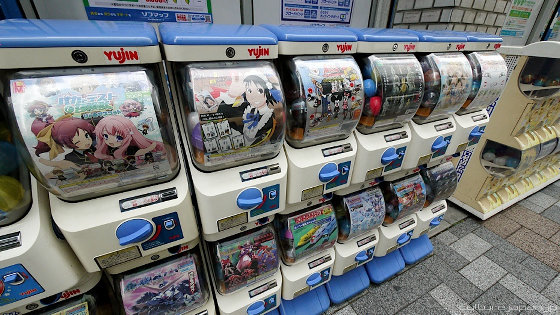
By
However, looking at the billing amount, the number of those who answered 'no change' decreased to 61.9%, the number of those who increased the billing amount was 6.2%, and the number of those who decreased it was 31.9% (of which 20.4% was 'extremely reduced'). It seems that there are many people who continue to play the game but spend less money.
As for those who have increased their spending amount or who have not changed, 67.9% said that 'it was not originally the motive for charging the complete gacha', and 7.6% said 'because the number of attractive games increased' and 'the complete gacha'. 'Because the game company has come up with other uses that we would like to charge for,' said 5.2%, which rewards the efforts of the game company.
41.2% of the respondents answered 'I regret / regret' and 'I regret / regret', 'I do not regret / regret', 'I do not regret / regret'. 58.8% of the respondents answered.

By Lel 4nd
When asked about the amount charged, 60.6% answered 'I regret / regret', 'I regret / regret', 'I do not regret / regret', 'I regret / regret'. 39.4% answered that they did not. Looking at it in more detail, 46.3% of those who have remorse and regrets want to reduce the billing amount, and 40.8% answered that they want to reduce it to zero. The majority of the respondents who did not regret or regret were 'the future billing amount will not change' (56.0%), but 'want to reduce' was 20.4% and 'want to reduce it to zero' was 19.4%. So, there was a tendency to reduce the billing amount as a whole.
Related Posts:

